We will continue to focus on materials this week. This week, we mainly focus on the material of plastic. We are trying to recycle plastic products through manual processing in the workshop. Then, a debate was held in the seminar on “This house believes that we must fall in love with plastic again.
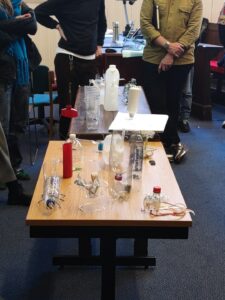
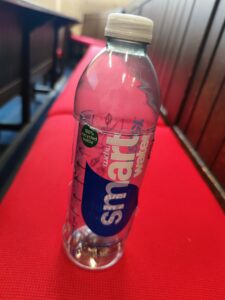
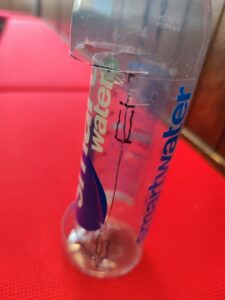

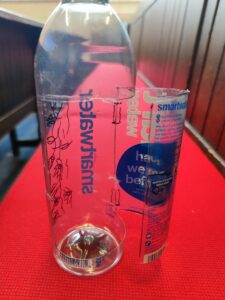
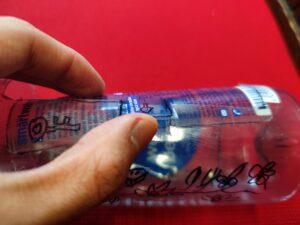
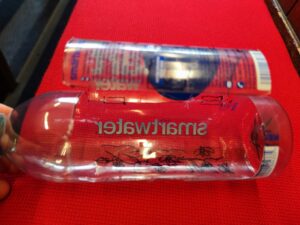
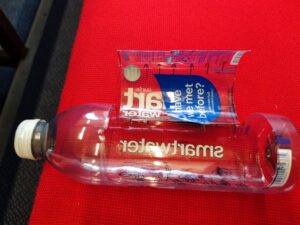
In the workshop, I only made simple modifications to the plastic bottles I brought, due to limitations in materials and tools.
According to Vitalist Materialism, plastic as a substance is also dynamic. Plastic is not pollution. Plastic is actually a very stable material. It is not easy to decompose and is acid and alkali resistant. This is the ideal material for making containers.
So, I think recycling plastic bottles as plastic bottles is a good solution. However, we need to try changing its functionality. So I decided to transform it into a box.
My handling method is very simple, I cut open the plastic bottle. After cutting out the lid, a link and a small buckle were cut out to allow the plastic box to open and close freely. As for the usage method, it depends on imagination. It can be laid down to make a flower pot, and the bottle cap can be used for drainage. It can also be used to store items.
The method of recycling plastic is not only environmentally friendly, but also ethical. We do not directly deprive plastics of their right to vitality, but rather stimulate new vitality through recycling and reuse.
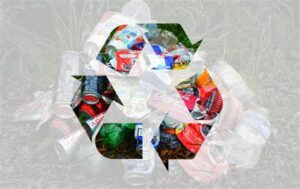
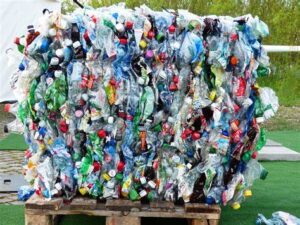
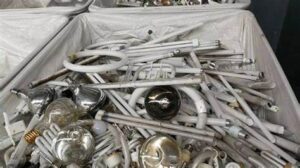
Next, we debated ‘This house believes that we must fall in love with plastic again.’.
Although plastic is difficult to degrade and plastic particles that fall off during use may pose a threat to human health, we have to acknowledge the irreplaceable nature of plastic. For example, during the pandemic, plastic masks exhibit excellent corrosion resistance and antibacterial properties.
In addition, plastic only pollutes the environment when it leaves the industrial chain and flows into nature. Just like the lead in televisions, it is equally toxic, but we can avoid pollution by completely recycling and reusing this lead. The same goes for plastic.
I think a quote from a classmate is very interesting. Inger Anderson from UNEP says we can’t recycle our way out of the crisis; We do need to use what exists, but recycling is not the answer as needs hub infrastructure.
On the contrary, we can view waste plastic as a new resource and develop it. This approach can also be applied to most human generated waste, such as kitchen waste, construction waste materials, and heavy metals in waste light tubes.
Reference:
* Pictures 1-8 are taken by me, Pictures 9-11 are from search engine



